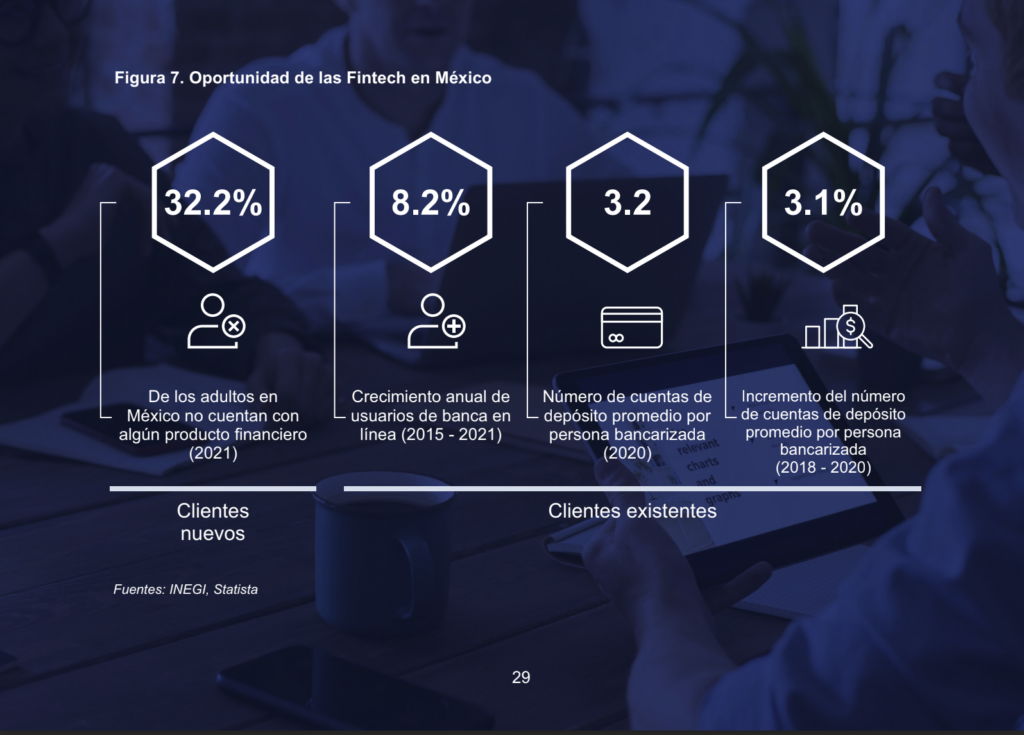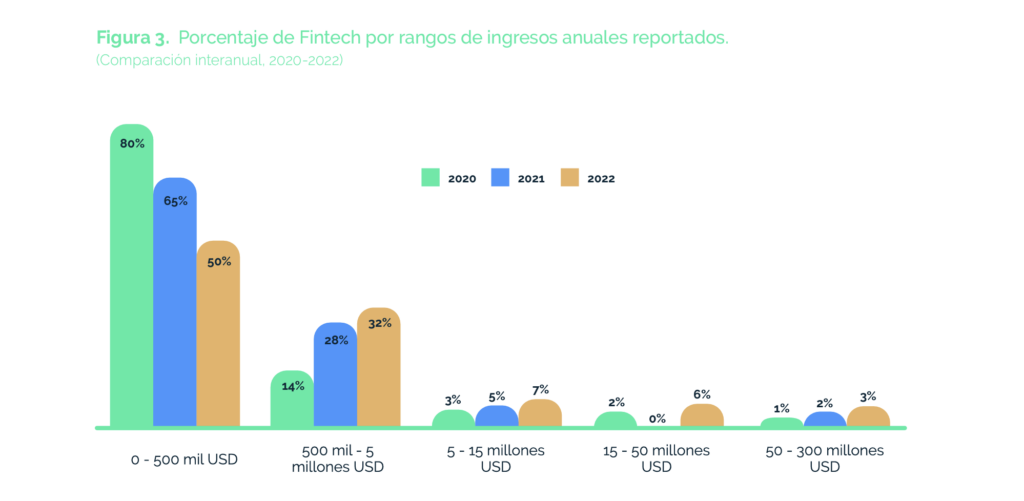The National Banking and Securities Commission (CNBV) granted Pretech and Quantum, two Institutions of Electronic Payment Funds (IFPEs), the authorization to operate under the terms of the Fintech Law in Mexico.
According to El Economista, Pretech and Quantum Pay join the regulated Financial Technology Institutions (ITFs). While it took Pretech almost four years to obtain the permission, Quantum Pay only took two.
The authorizations for Pretech and Quantum Pay were approved unanimously by the Interinstitutional Committee and are published in the Official Gazette of the Federation (DOF). The average time to obtain authorization under the Fintech Law is 740 days, approximately two years and ten days.
Currently, there are a total of 61 authorized fintech companies, of which 39 are IFPEs and 22 are Collective Funding Institutions (IFC). Among these, 43 fintech companies are operational, while 18 ITFs are in the process of authorization, according to the Catalog of the Mexican Financial System.
Fintech con notificación aprobatoria por la CNBV
Quantum and Pretech join a Mexican market that raised US$ 1.7 billion in 2021, according to the Annual Fintech Report in Mexico by NTT Data; a significant increase compared to the US$ 262 million raised in the first semester of the previous year.

However, the Finnovista Fintech Radar Mexico 2023 points out that the main challenge for Fintech companies in Mexico is to scale operations and internationalize.

These data are very similar to those of the previous year, which suggests that Mexico continues to be a growing ecosystem with a strong appetite for capital.
Why is it relevant for investment funds in Mexico?
- Although the approval of both companies was a long process, Pretech and Quantum Pay’s permission to operate is fundamental to continue building a broader dialogue with government institutions. In other words, the fintech sector’s lending regulatory gap is narrowing more and more.
- As Fintech Mexico points out, a greater product offering to SMEs could be another driver of financial inclusion. Today, only 5% of Fintechs in the country focus on offering services to this segment. The The opportunity for growth is substantial.
- The decrease in the size of the average ticket implies a diversification of the investment portfolio by venture capital funds, which have chosen to increase the proportion of their investments in seed and early stage companies. In the first half of 2022, the investment to these profiles was 58%; while in the same period for 2020 and 2021, the earmarked investments were 51% and 30% respectively.
You may also be interested in reading: Great Expectations: Latin American fintechs’ unfinished business according to VCs
Why is it relevant for fintech startups in Mexico?
- One of the most important challenges is the adoption of this technology by consumers, although younger people increasingly trust companies in the sector, for a successful penetration of fintech, the new customer journey with the entity must be built with a customer-centric vision: at the end of the journey, without having suffered pain or experienced friction, the user must have their needs resolved.
- In the Fintech sector, the growth in the number of deals was higher than that of the venture capital industry, with a 58% growth in the first half of 2022 compared to the same period in 2021, which implies 15 percentage points more than the industry in general.
- For Luis X. Barros of Arkangeles, some investors tend to only look for options with fixed returns, which prevents them from putting together a diversified portfolio (with fixed and variable returns). This tandem between lack of knowledge and betting on fixed returns produces an explosive cocktail: the danger of falling into very high-risk investments, such as young startups that promise fixed payments and high growth rates at the same time.
We recommend: Use of fintech apps grows 54% in Latin America
With information from: El Economista
Fuente: CNBV, el CEO y DOF






